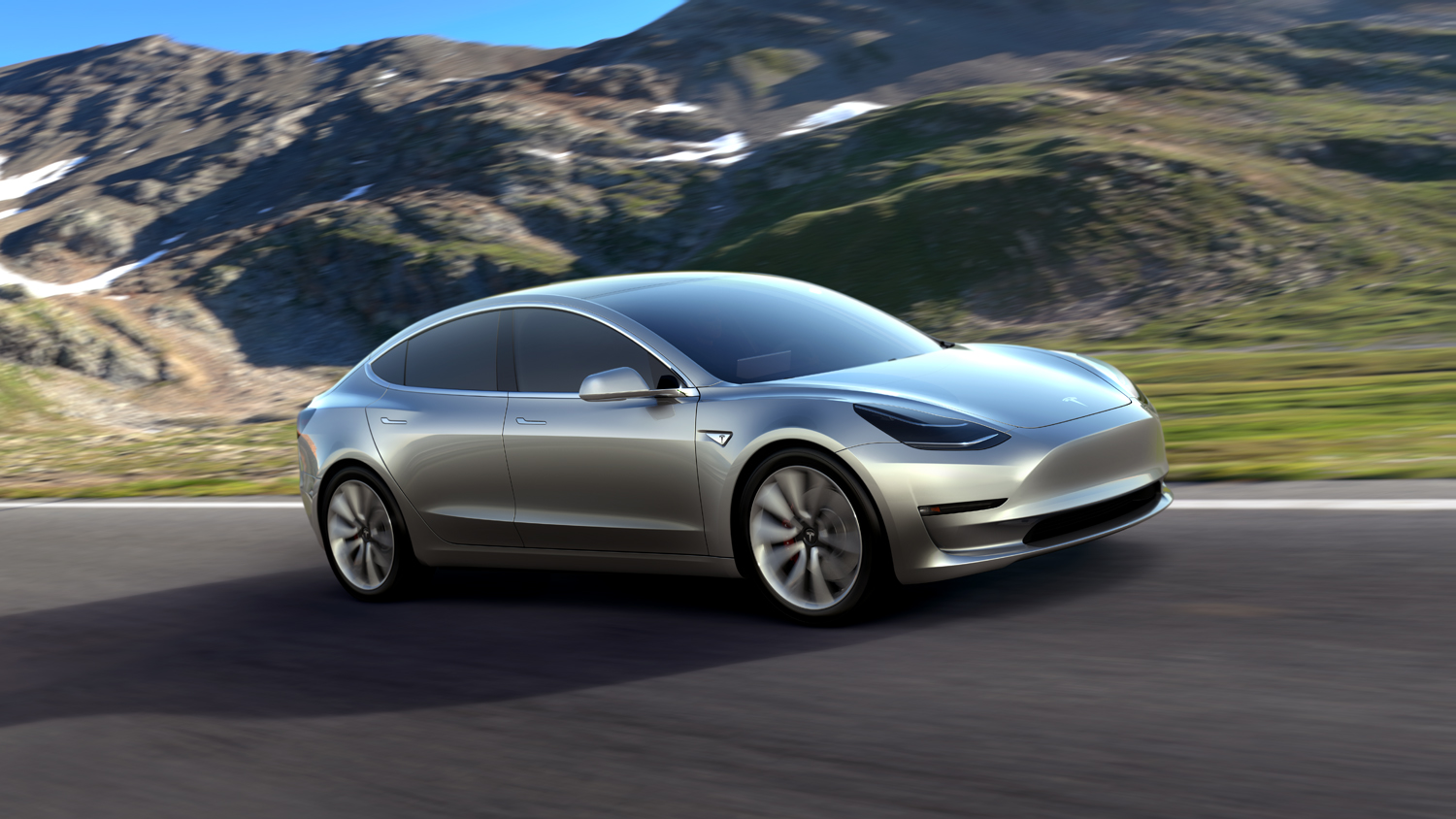Musk says Tesla's 'Autopilot' cuts accident rates by 50%
Based on 47 million miles of data

Know an unsafe driver? Buy them a Tesla - because Elon Musk says that the firm's 'Autopilot' feature cuts the frequency of accidents by 50% when activated.
Musk made the comment during a chat with Norway's Minister of Transport and Communications, Ketil Solvik-Olsen. Tesla's cars log data all the time, and so it's possible for the firm to detect when its cars get in a scrape.
"We can see basically what's the average number of kilometers to an accident – accident defined by airbag deployment," said Musk. "The probability of having an accident is 50% lower if you have Autopilot on. Even with this early version, it's almost twice as good as a person."
Tesla's 'Autopilot' feature was launched in October 2015, and rolled out around the world a few weeks later. It gives the car the ability to automatically stay in its current lane, change lanes if necessary and parallel park.
Tesla emphasises that Autopilot is designed to be activated only on divided highways and in good visibility, which of course makes the 50% improvement a little less impressive. Also not every accident involves an airbag.
A Glimpse Into The Future
But even with those caveats, this is good news - thousands of people die in road crashes every day around the world, so any reduction on that figure is positive. Also, if data from other self-driving cars holds true then the accident rate should drop even further when Tesla's vehicles are able to take on more responsibility for everyday driving.
When is that? Well, Musk said around the launch of the autopilot feature that he believes the technology will be capable of fully autonomous driving within two years. Then it just comes down to approval from national governments as to when it rolls out to customers.
Sign up for breaking news, reviews, opinion, top tech deals, and more.
"I think it's going to be important in term of satisfying regulators and the public to show statistically with a large amount of data – with billions of kilometers of driving – to say that the safety level is definitively better, by a meaningful margin, if it's autonomous versus non-autonomous," said Musk.
